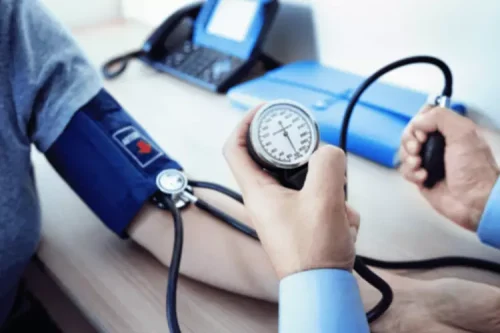
Not to be too obvious, but if you don’t want these side effects of drinking, you’re best off limiting the amount you drink. A night out can cause all sorts of wild things to happen — besides just drunk texting your ex. Here are nine weird things that happen to your body after a night of drinking. The conversion of =https://ecosoberhouse.com/ alcohol into metabolites generates heat, which contributes to an overall sensation of warmth.
Why Do My Feet Get Hot When I Drink Alcohol? (And Other Alcohol Effects on Feet)
Additionally, an April 2016 meta-analysis published in the Journal of Menopausal Medicine demonstrated that, though not to a great extent, obesity is linked to an increased risk of hot flashes in women. You may experience a hot flash for reasons that have nothing to do with alcohol including medical causes. Drinking alcohol can trigger a sore throat due to its dehydrating effects and tendency to cause inflammation, leading to dryness and irritation of the throat tissues. Treating a sore throat from drinking involves several approaches to ease discomfort and promote healing. People may experience a scratchy, raw, or irritated feeling in their throat, making it uncomfortable to swallow, talk, or even breathe.
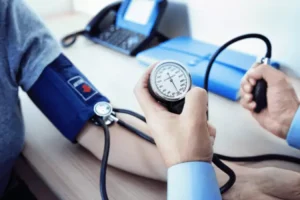
Swelling of the foot and legs
These sweats occur as the body’s autonomic system responds to the stress of withdrawal, attempting to detoxify and return to homeostasis. For instance, one study found that part of why alcohol exacerbates a drop in core body temperature is because it reduces the ability to shiver, which is the body’s way of creating warmth. For some, even having one glass of wine or pint of beer can cause flushing in the face, and the more the person drinks, the redder heroin addiction their skin becomes. These pills help your body eliminate toxic acetaldehyde and process alcohol normally. This is the best solution to preventing your body from overheating as you drink alcohol. However, a few other tips include drinking slower, drinking less, stepping outside for some fresh air, and dressing lighter.
But why does this reaction happen to some of us, and not all?
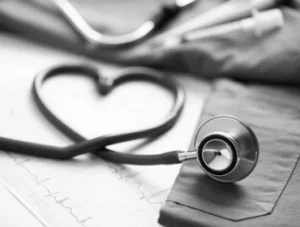
“A night of heavy drinking can leave us quite dehydrated,” Dr. Richardson says. And when you’re running dry, your body has a hard time regulating temperature, which can lead to increased sweating. If you’re feeling yourself perspire much more after a night on the town, you can blame it on the alcohol. ‘Water is your best friend to help energize you and get rid of your headache,” Richardson says.
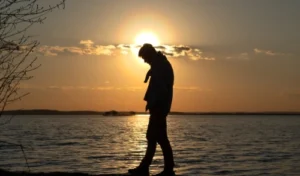
Why Mixing Cocaine and Alcohol is Dangerous
If you take your usual medication after a night out and suddenly feel ill or in pain, get medical attention immediately. If you or someone you love is dealing with drinking or substance use that has gotten out of hand, there are confidential treatment options available. About a quarter of all adults report drinking more than the recommended weekly limit of alcohol.
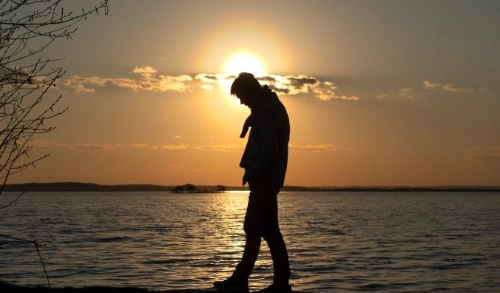
Alcohol and Cialis: Risks, Side Effects & Treatment
- This phenomenon is quite common among many individuals who consume alcoholic beverages.
- Drinking alcohol can trigger a sore throat due to its dehydrating effects and tendency to cause inflammation, leading to dryness and irritation of the throat tissues.
- This can contribute to a more intense and prolonged alcohol flush reaction in older individuals.
- A few drinks may cause your heart to accelerate, which further increases the chances of flushing and sweating.
All that dehydration can also cause your body to hold on to water weight. And if you find that you go red regularly after drinking, pay attention; you may have an alcohol intolerance. They often occur during the acute phase of withdrawal, which typically begins within hours to days after a person’s last drink. Feeling unwell after drinking is common, and hangover symptoms are often your does alcohol make you sweat body’s way of telling you to lay off the drinking and take it slow so you can recover from alcohol-related side effects.
When you consume alcohol, you may experience symptoms such as a heavy feeling, numbness, tingling, muscle weakness, and more. Alcohol affects the body’s production of vasopressin, a hormone that helps regulate blood pressure and fluid balance. Alcohol is a diuretic, meaning it can lead to increased urination and dehydration, which can contribute to feelings of heat and discomfort. Reducing the amount of alcohol you consume can have a direct impact on the frequency and intensity of night sweats.

